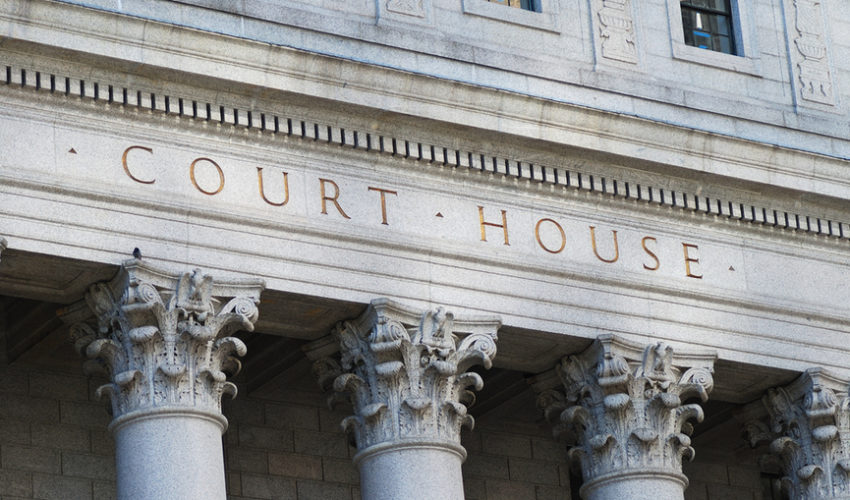Lisa Rivers, Senior Litigation Solicitor, reviews the recent decision of the Supreme Court in the case of Barton v Wright Hassall LLP

Lisa Rivers
What was the issue before the Supreme Court?
The Supreme Court was asked to clarify issues surrounding the service of Court documents by email. The Civil Procedure Rules (which govern the conduct of legal proceedings in this country) provide that documents may only be served by email if the other party’s solicitors have previously indicated that they are willing to accept service of documents by email (see paragraph 4.1 of Practice Direction 6A ).
The question for the Supreme Court in this case was whether service of a claim form by email could be effective when no express permission had been given to do so, in circumstances where:
• the parties had previously been corresponding by email;
• the claimant was not represented by a solicitor (a “litigant in person”);
• the claim had been brought to the other parties’ attention within the required time (within four months of the date it was issued at Court); and
• any fresh action by the claimant would be statute-barred due to the time elapsed since his claim arose.
What were the facts in this case?
In pre-action correspondence, the other party’s solicitors had said (by email) that they would “await” Mr Barton’s claim against their client, although had stopped short of expressly saying they would accept service of the claim by email. Mr Barton issued his claim at Court and then waited until the last possible day of the four months to serve it, when he attempted to do so by email. Shortly after the deadline had passed, the solicitors replied to Mr Barton saying that they did not accept service by email. As such the claim had been rejected and had consequently now expired.
Mr Barton therefore sought an order from the Court that service of the claim had been validly effected. He lost his case in the County Court and subsequently the Court of Appeal. However, he succeeded in obtaining permission to appeal to the Supreme Court as to the question of whether service could be retrospectively validated under the circumstances.
What did the Supreme Court decide?
Disappointingly for Mr Barton, the Supreme Court agreed with the lower courts by a majority of 3-2 that his attempt to serve the claim by email could NOT be retrospectively validated. It was not enough that the solicitors had previously corresponded by email, or that the claim had been brought to the solicitors’ attention within the required time. Neither was it a valid excuse that Mr Barton was acting for himself. The rules were the rules, they were easy enough to locate and understand, and there would be no special allowances for a litigant in person. As a result, Mr Barton was barred from ever bringing his claim.
For more details, see the Supreme Court website.
Blackstone comment
This case stands as a clear warning to litigants in person that the Courts have little tolerance for breaches of the Rules, and that it is essential to comply even if you are not legally represented. If you are in doubt as to your claim, how to serve documents, or as to the interpretation of any other of the numerous Civil Procedure Rules, please do not hesitate to contact our team of litigation experts today for bespoke advice. Taking professional advice at an early stage may well pay dividends in the long run.
Whatever your case may be we are here to help. Please contact us on 0161 9290121 or alternatively, you can fill in our enquiry form and we will give you a call back as soon as possible.






Leave a Reply
You must be logged in to post a comment.